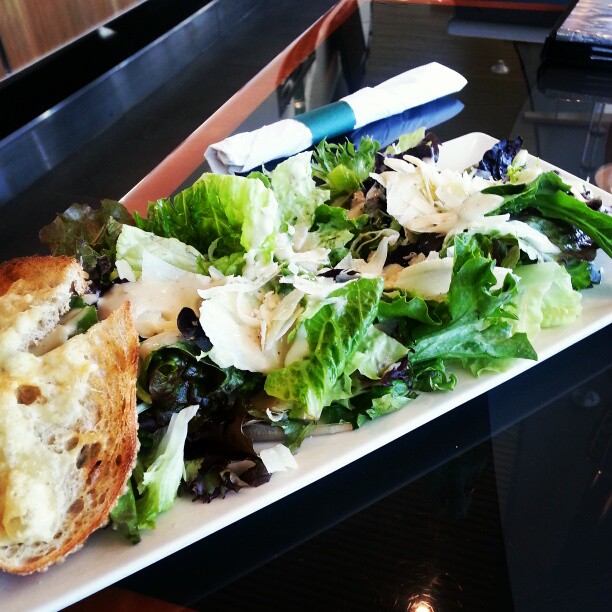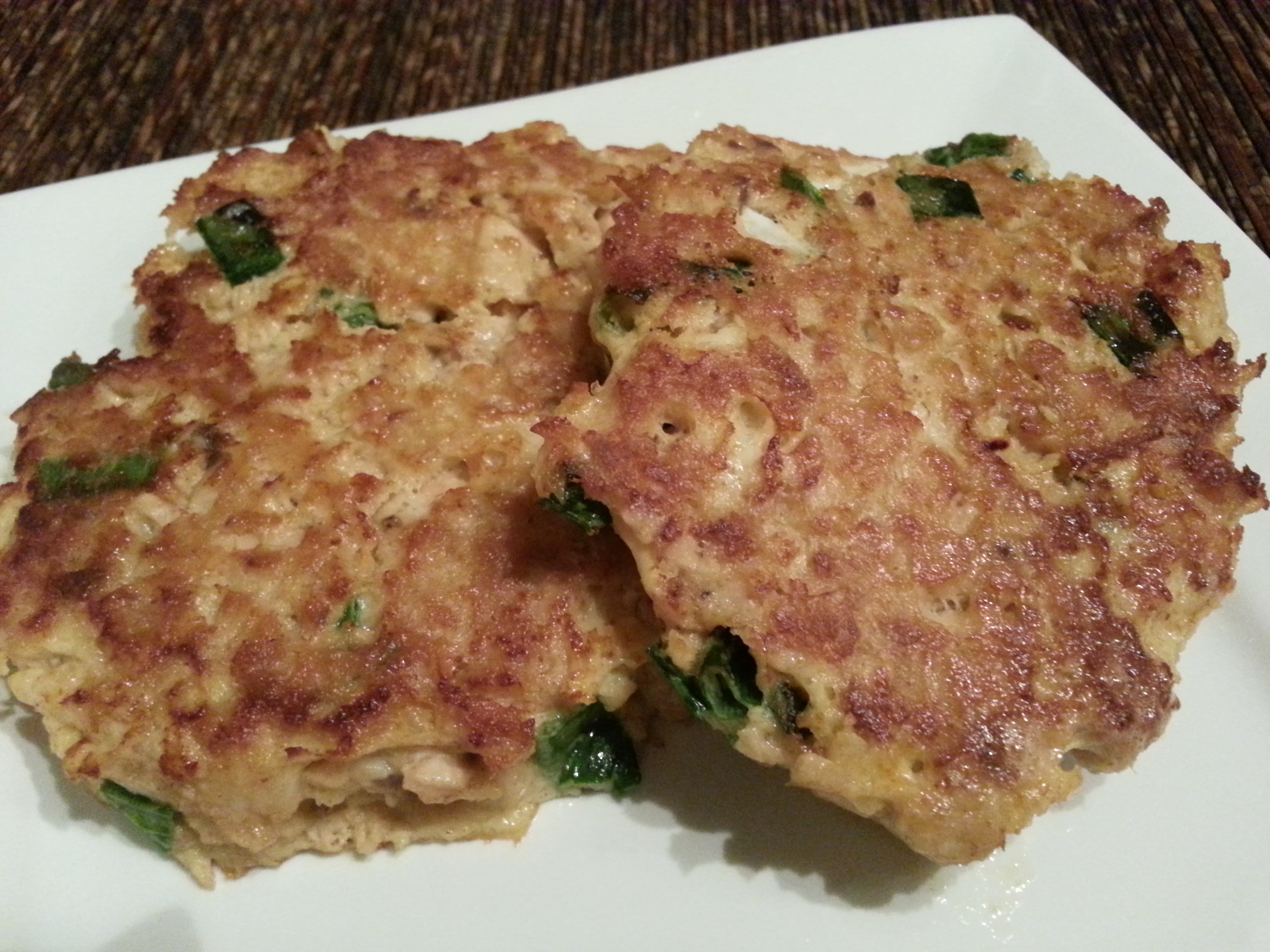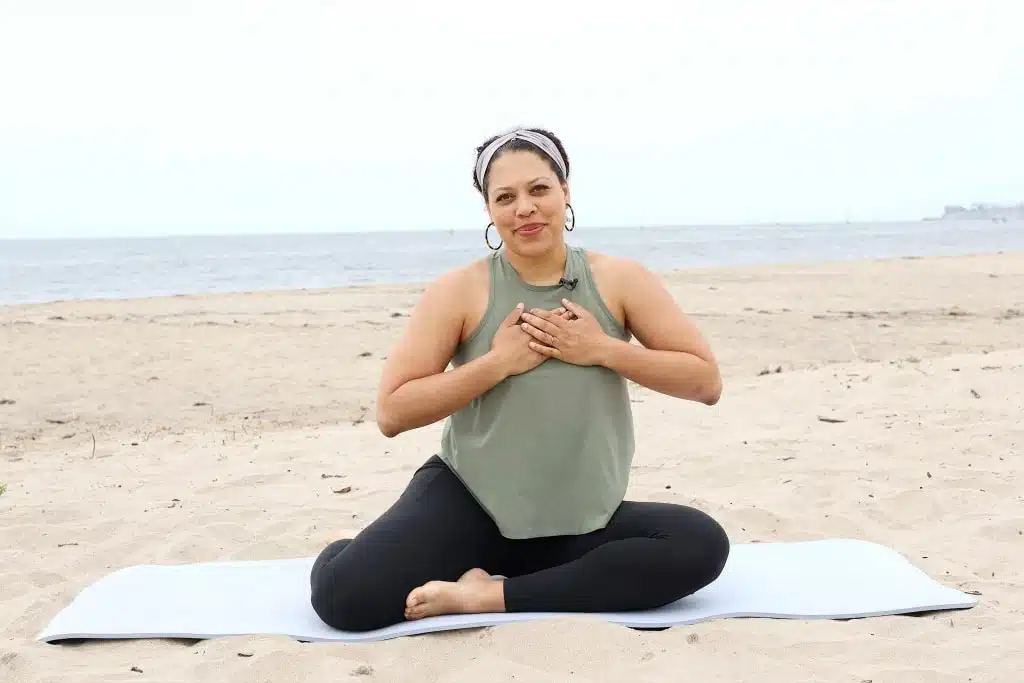I’m thrilled to be guest posting on Robin’s blog today. Our paths crossed when she featured my good friend and dietitian colleague, Corinne Dobbas, in a recent “Real Women” column. Seeing that both Robin and I live in the Denver metro area, and appreciate similar food philosophies, I knew we had to connect.
As a registered dietitian, it’s my responsibility to stay on top of the latest nutrition-related science. And it’s also my responsibility to understand all of the “diets” out there to help guide those who want to follow them or simply have questions. I’ve even lived as if I had diabetes for a week, including three-times daily blood sugar testing via finger prick, to better understand where my clients are coming from. Most recently, I embarked on a gluten-free diet for a month and have even experimented with Paleo to get a sense for how my body feels when I eliminate certain foods. With the prevalence of “free” diets these days (you know, gluten-free, dairy free, nut free, egg free, grain free, etc.), I felt this was an important part of my role as a practitioner.

At the end of the day though, it’s my perspective as a registered dietitian that clean eating is the best food philosophy to follow, unless you have a true allergenic need to avoid certain ingredients. This article, though tongue in cheek, portrays how limiting your diet can be when you focus more on foods you “shouldn’t” eat and take tips from the media, bloggers and on-pack labels to the extreme. One of my favorite lines from the article:
“Some people say it’s a little fringe, but you are committed to living a healthy lifestyle. “Okay,” you say, “let’s do this,” as you fry your caribou steak and seal liver in rendered whale blubber. You lose some weight which is good, but it costs $147.99 a pound for frozen seal liver out of the back of an unmarked van at the Canadian border.”
Personally, I believe there is too much fear associated with food, and not just related to its caloric content anymore. Where it comes from, how it’s grown, glycemic index, pH impact, and the list goes on. The fear has gone so far that many recipes I find online don’t even register as “food” unless you read the title. For example:
• 1/4 cup hemp protein powder
• 3 tablespoons cocoa powder
• 1 tablespoon chia seeds
• 1/4 teaspoon stevia
• 1 tablespoon coconut oil
• 3 tablespoons tahini
Yep, that’s a full recipe from a popular “nutrition” blog. Does it sound good to you? Does it even sound like real food? I would rather pick up an apple or enjoy a piece of toast with peanut butter any day.
My advice to you is to not let fear influence your food choices. Eat whole foods from all food groups that are as close to nature as possible, and listen to your body’s hunger cues. Of course, you may wish to include other guiding philosophies. For me, there are many foods I prefer to purchase organic, grass-fed, etc. but I also recognize that this is a very personal decision. Just make sure that you are not enforcing so many food rules that grocery shopping or dining out become near impossible tasks (remember the frozen seal liver that could only be purchased at the Canadian border?).
I love how Robin described her relationship with food and how it has evolved since her pregnancy. I want to leave you with a reminder that you should never accept guilt from others for the choices you make on your wellness journey. Jealousy for your commitment often comes through as judgment, and you are not obligated to explain your reasons for eating, exercising, etc. in a way that fulfills you. It is a journey that we are on together, and it will only work with love and support.
Katie Proctor is a registered dietitian in Denver, Colorado. She works full-time in the organic food industry and writes Healthy & Happy Hour, a wellness blog for young professionals. Be sure to follow her on Facebook, Twitter & Pinterest for healthy tips throughout the week!










1 thought on “Define Your Own Healthy”
Thank you for this encouragement! I’m currently navigating this journey in order to change my eating lifestyle, and it’s daunting some days. I was diagnosed with rheumatoid arthritis last year, and I’m trying to find what foods help me find optimal health and function. Diets like gluten-free, paleo, sugar-free, etc., don’t feel quite right, but eating whole, real food does. Less processed. More plants. This is such a great post, thank you again!